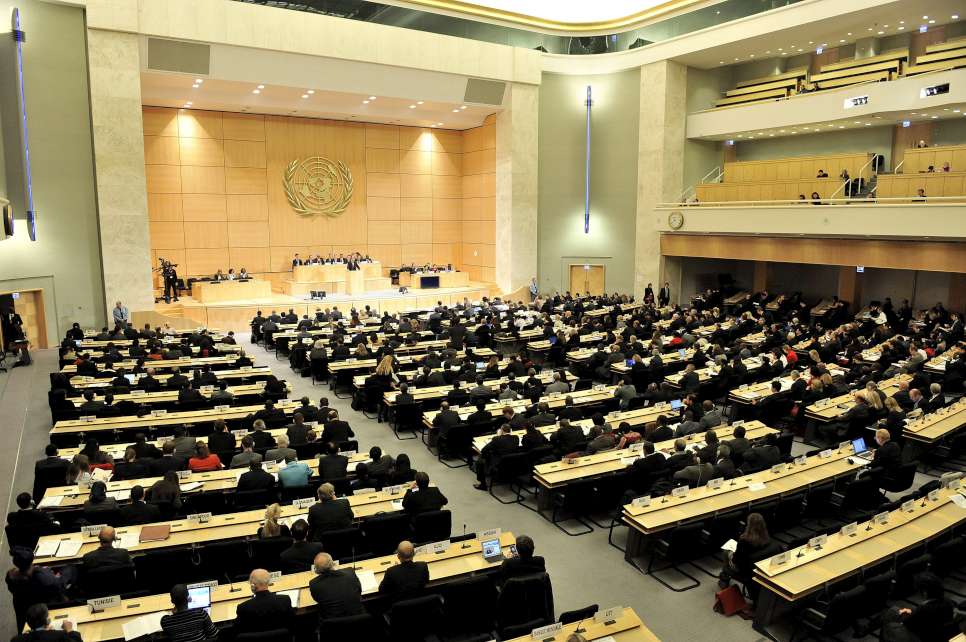Ministerial Meeting
An impressive 62 states presented written pledges in the run-up to the event and many others announced pledges during the meeting or made joint pledges with other countries. Many pledges related to protection, assistance and durable solutions for refugees, including resettlement and local integration - long considered a taboo subject by states that have been hosting refugees for decades.
But the biggest breakthrough related to statelessness, which affects up to 12 million people. The two main international treaties on statelessness – the 1961 Convention and the 1954 Convention relating to the Status of Stateless Persons – have long been under-subscribed, but eight states acceded to one or other of the conventions in 2011, bringing the number of states party to the 1954 and 1961 Conventions to 70 and 42 respectively.
At the ministerial meeting, another 20 states pledged to accede to one or both of the statelessness instruments while a further 25 states made pledges related to statelessness. Notable pledges included reforming nationality laws to bring an end to gender discrimination, thereby enabling women to transmit their nationalities to children. Secretary of State Clinton said the US would launch an initiative to build global awareness and action on these issues.
States also undertook to adopt procedures for determining who is stateless on their territories, improving civil registration systems, and undertaking surveys or awareness campaigns to determine the number of stateless people, and raise awareness about options which may be open to them, including acquiring citizenship.
A Ministerial Communiqué was issued at the end of the meeting, which reaffirmed that the 1951 Convention relating to the Status of Refugees and its 1967 Protocol are the foundation of the international refugee protection regime and have enduring value and relevance in the 21st century.
Statelessness - State Pledges. A compilation and analysis of pledges submitted during the 2011 ministerial process.
A compilation and analysis of pledges submitted during the 2011 ministerial process.
Meeting Documents
- Ministerial Meeting: List of Participants 22 Dec 2011
- Ministerial Meeting: Ministerial Communiqué 8 Dec 2011
- Background Note for the Roundtables 18 Nov 2011
Ministerial Communiqué
Adopted at the ministerial meeting held in Geneva on 7-8 December 2011. Also available in French on www.unhcr.fr. Arabic, Chinese, Russian and Spanish versions available for download here (zipped pdf files, 293Kb).
Keynote Speeches
- Closing Statement by High Commissioner António Guterres
- Address by Former Finnish President Martti Ahtisaari
- Opening Statement by High Commissioner António Guterres
- Video Message by United Nations Secretary-General Ban Ki-moon
- Remarks by US Secretary of State Hillary Rodham Clinton
- Address by Hon. Gerald Otieno Kajwan'g, Minister of State, Kenya
Statements delivered during the Ministerial event
Download the collection of statements (zipped file, 74.7 MB).

